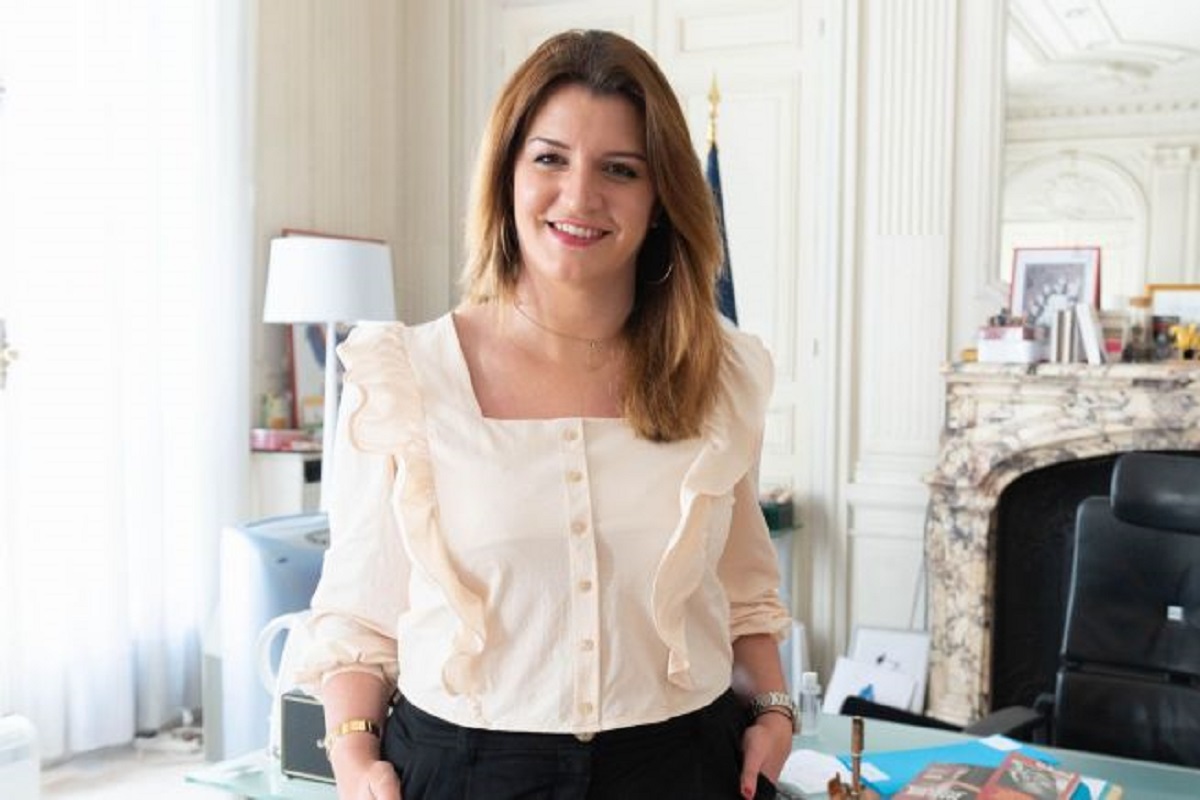The French government on Tuesday launched a series of potentially seminal public debates on the role of religion in contemporary French society. The junior minister responsible for citizenship, Marlène Schiappa, kicked off the initiative with a high-level conference in Paris.
Intellectuals, lawyers, and social analysts have been asked to spearhead the effort which will involve round-table discussions and working groups on topics such as freedom of expression and research, youth, and social cohesion. The initiative, which envisages a series of discussion groups aimed at encouraging a broad public debate on the contentious relationship between faith and state, is timely.
Advertisement
Especially, given the ongoing controversy over the French state’s commitment to the liberal European ideal and its interface with the Islamic notion of what is construed as offensive to a majority of Muslims. The government is keen, it says, to involve young people in the debate, and to create a climate in which the sensitive subject of religious affiliation in a secular republic can be analysed calmly.
The consultation, which is expected to last till the end of the year, is copping criticism and praise in equal measure. There are those who say the debate is a waste of time and energy, since the gulf separating the supporters of complete religious freedom from those who flag the threat of “Islamic separatism” in France, is unbridgeable.
The Left-Green stand is that religion, in this case Islam, is being used as a political weapon by the Right and the Republicans to stigmatise practicing Muslims. The allegedly exclusionary character of the legislation on religious separatism which has survived a first parliamentary reading and is currently on the way to being adopted as law is flagged by critics as an illustration of this phenomenon.
Then there are those who dismiss the government move as a publicity stunt aimed at distracting from the real issues and setting the media narrative. But there are voices being raised in support. Mario Stasi of the International League Against Racism and Anti-Semitism is convinced that talking is better than some of the alternatives.
“If we can shift the debate away from the gutter of hatred and insult on social media, and put different points of view side by side, and look at them seriously with a view to producing concrete proposals,” he says, “then I see nothing but advantages in the idea of this national consultation.” The fact remains there is no running away from this debate. Casting aspersions on intentionality is a mug’s game and unprovable to boot.
Paris needs to be applauded for recognising there is a clear and present danger to both the idea of France, as it were, and the sizable minority of its citizens for whom their religious identity as Muslims is important. That the government has chosen to address the issue head-on and by involving the citizenry is far better than brushing difficult but necessary dialogue under the carpet which has been the default response of other democracies the world over that.











